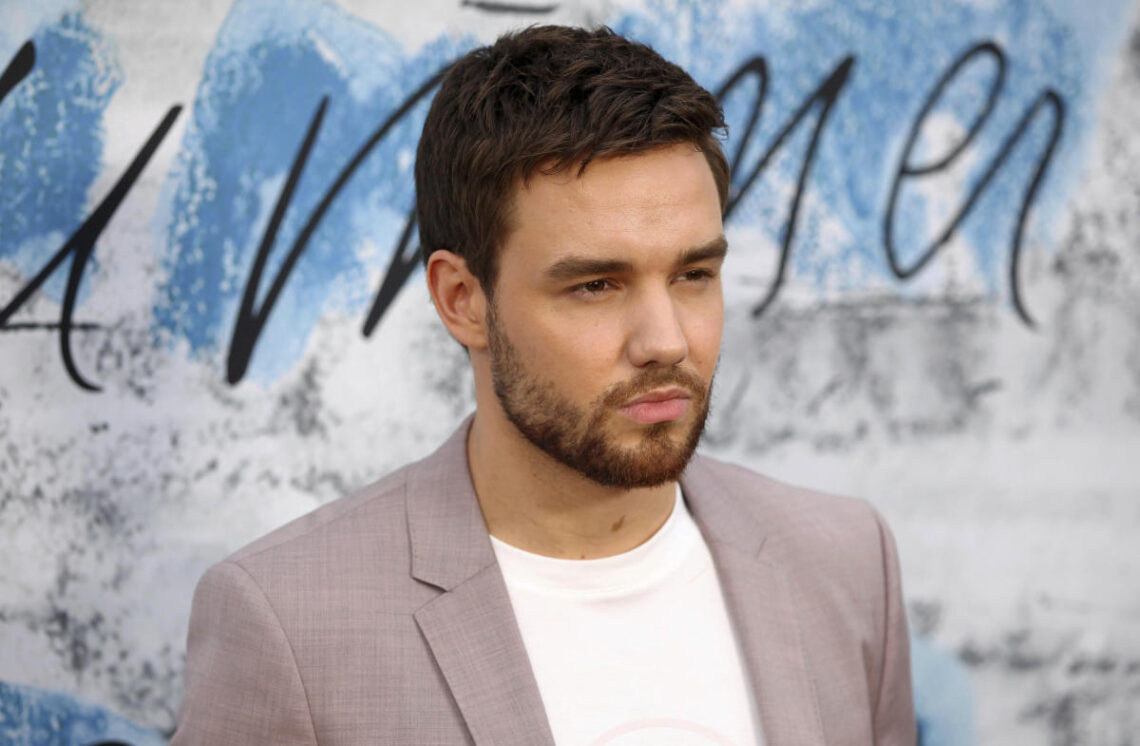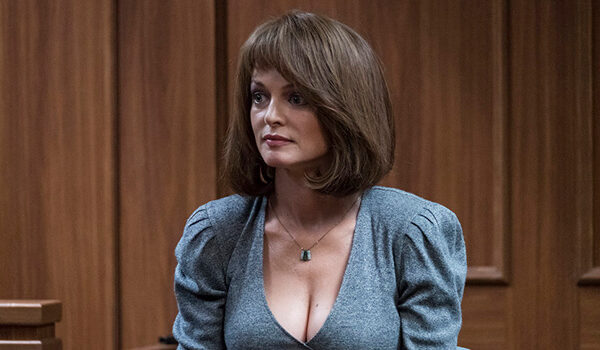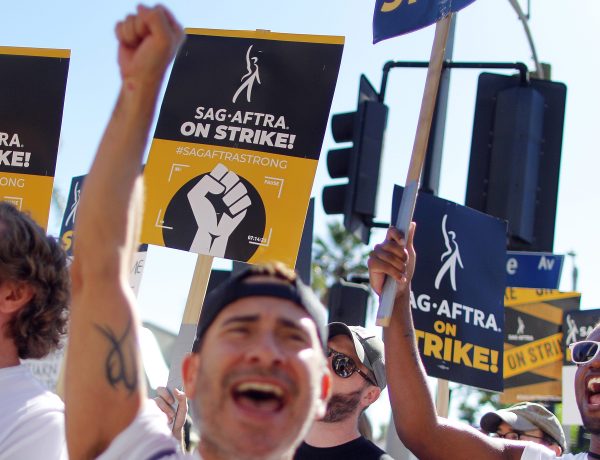Mourning a celebrity is a normal response to losing somebody you’ve had any sort of connection with. And when a public figure passes, it’s not just friends and family who are in pain: we’re collectively grieving, which occurs when a community experiences a loss together.
Why do celebrity deaths feel personal?
The answer is simple: because relationships with celebrities are personal, despite many thinking they’re not.
It’s the reality of parasocial relationships, psychiatrist Dr. Tracey Marks told HuffPost in the wake of Kobe Bryant’s death. “The ability to feel attached to or connected to someone has more to do with having some sort of contact with them, even if it’s a one-sided contact … ‘one-sided’ being you’re seeing the person, and then if there’s anything about them that you feel like you can relate to, you can feel as though it’s someone like you,” she said.
In the case that a fan of a specific series or sports team is religiously watching episodes of that show or games on TV at home, the person that they’re a fan of might actually be in their living room more often than some good friends. Exposure to that public figure on social media also contributes to that perceived closeness.
“[You’re] not only seeing them on television but reading their tweets and seeing their posts on Instagram,” she said. “All of those little contacts just add up to this feeling that you can have that you feel close to them now.”
When celebrities have had long-term success, this feeling can be even more enhanced.
“Even though we didn’t personally know them, their presence is still felt in our lives,” Rachel O’Neill, PhD, a clinical counselor in Ohio, told Teen Vogue. “For example, they starred in a TV show that you watched growing up. In those cases, the death can feel like a loss of that particular part of your past.”
Grief over these popular figures is also difficult to avoid as the mourning process plays out on social media through various posts by news outlets, family, friends and fans in tribute to the person lost, Samita Nandy, director of the Centre for Media and Celebrity Studies, previously explained to Yahoo Life. “There is a level of intensity that wasn’t there before,” she said.
Leaving a legacy
The work that a celebrity created during their lifetime plays a role in how they’re perceived and even grieved once they are gone.
For one, the content provides the opportunity for fans to rewatch their shows, movies or other contributions to continue to feel connected to them. “Whatever it is that they were doing is out there and you can still enjoy it, you can still consume it,” said Marks.
But also because their identity as a celebrity might lead them to be associated with a cause much larger than themselves or to represent a bigger movement or group of people.
The loss of actor Angus Cloud, for example, “could feel like a loss of representation” for Gen Zers who saw themselves in him, according to Colette Sachs, associate therapist at Manhattan Wellness. The same could be said for Payne, who shot to fame after being on X-Factor as a teenager and becoming a part of One Direction.
Matthew Perry’s openness about living with addiction and the advocacy work that he did in the space similarly contributes to the sadness that is felt around his death, as it has aligned him with millions of other Americans experiencing similar struggles.
“The person represents an era or an icon or a movement,” said Marks. “You can reflect on the good that they brought into this world.”
How it impacts day-to-day
While we see celebrities as invincible in many cases, it’s a shock to come to terms with their mortality. But it also reminds people of what can happen in their own lives.
“These kinds of things happening reminds us that we’re all vulnerable to this kind of loss,” said Marks.
For some people, the death of a beloved public figure can also be their first experience with loss.
“We haven’t been educated on how to grieve or how to cope when death happens, not just in the case of celebrity, but in general,” said Nandy. “So it depends on where the spectator is coming from. If a grandfather or grandmother has already died, then quite likely that person is coming with that knowledge.”
Dr. Neeraj Gandotra, chief medical officer at Delphi Behavioral Health Group, told Teen Vogue that discussing the death of celebrities can also be a good way to broach the difficult topic with family and friends.
“Use the feelings of loss as an opportunity to potentially have a more academic discussion about what happens when someone dies. This discussion can be very clinical and help prepare one for when someone close to them dies,” he said. “The examination of one’s own mortality and loved ones’ mortality is healthy and a great opportunity to take inventory of your life, find areas where you could improve, and even change the direction of your life for the better.”
If you buy something through a link in this article, we may earn commission.





